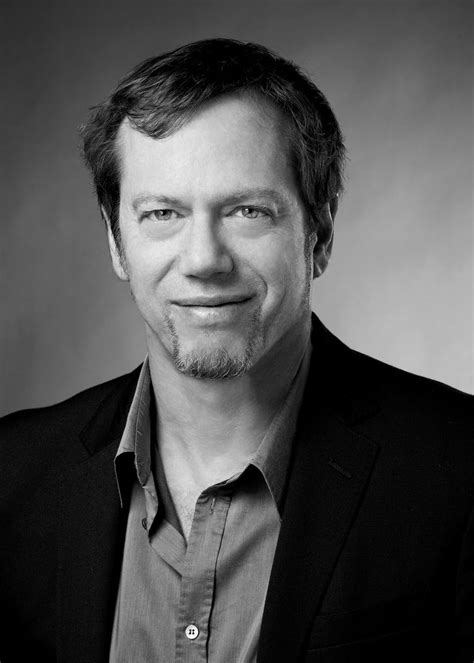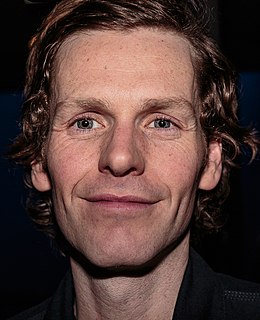A Quote by William James
The last peculiarity of consciousness to which attention is to be drawn in this first rough description of its stream is that it is always interested more in one part of its object than in another, and welcomes and rejects, or chooses, all the while it thinks.
Related Quotes
Consciousness... does not appear to itself chopped up in bits. Such words as 'chain' or 'train' do not describe it fitly as it presents itself in the first instance. It is nothing jointed; it flows. A 'river' or a 'stream' are the metaphors by which it is most naturally described. In talking of it hereafter, let us call it the stream of thought, of consciousness, or of subjective life. Source of the expression 'stream of consciousness'.
The greatest gift that you could ever give to another is your own happiness, for when you are in a state of joy, happiness, or appreciation, you are fully connected to the stream of pure, positive Source Energy that is truly who you are. And when you are in that state of connection, anything or anyone that you are holding as your object of attention benefits from your attention.
Then there is the further question of what is the relationship of thinking to reality. As careful attention shows, thought itself is in an actual process of movement. That is to say, one can feel a sense of flow in the stream of consciousness not dissimilar to the sense of flow in the movement of matter in general. May not thought itself thus be a part of reality as a whole? But then, what could it mean for one part of reality to 'know' another, and to what extent would this be possible?
The experience of the gangster as an experience of art is universal to Americans. There is almost nothing we understand better or react to more readily or with quicker intelligence. In ways that we do not easily or willingly define, the gangster speaks for us, expressing that part of the American psyche which rejects the qualities and the demands of modern life, which rejects Americanism itself.
Our native susceptibilities and acquired tastes determine which of the many qualities in an object shall most impress us, and be most clearly recalled. One man remembers the combustible properties of a substance, which to another is memorable for its polarising property; to one man a stream is so much water-power, to another a rendezvous for lovers.
What you want will pull like a magnet. Here's the other part. What for? Purpose is stronger than object. It's the 'What for?' that's even more powerful than the object. And the more you can describe in detail to stir the emotion and the intellect and the spirit and the soul, then the more powerful the 'what for' is.
To write is, indeed, no unpleasing employment, when one sentiment readily produces another, and both ideas and expressions present themselves at the first summons; but such happiness, the greatest genius does not always obtain; and common writers know it only to such a degree, as to credit its possibility. Composition is, for the most part, an effort of slow diligence and steady perseverance, to which the mind is dragged by necessity or resolution, and from which the attention is every moment starting to more delightful amusements.








































